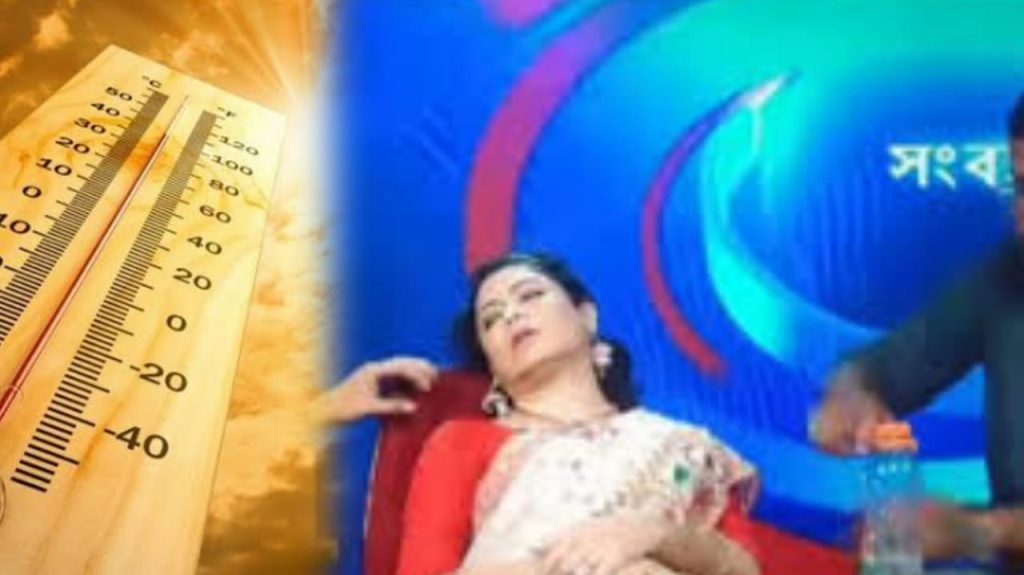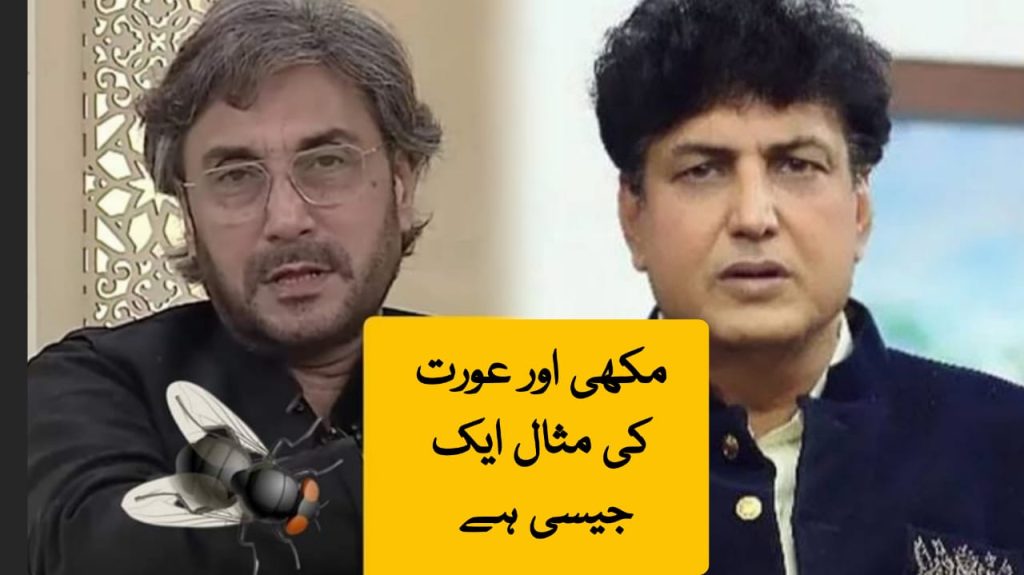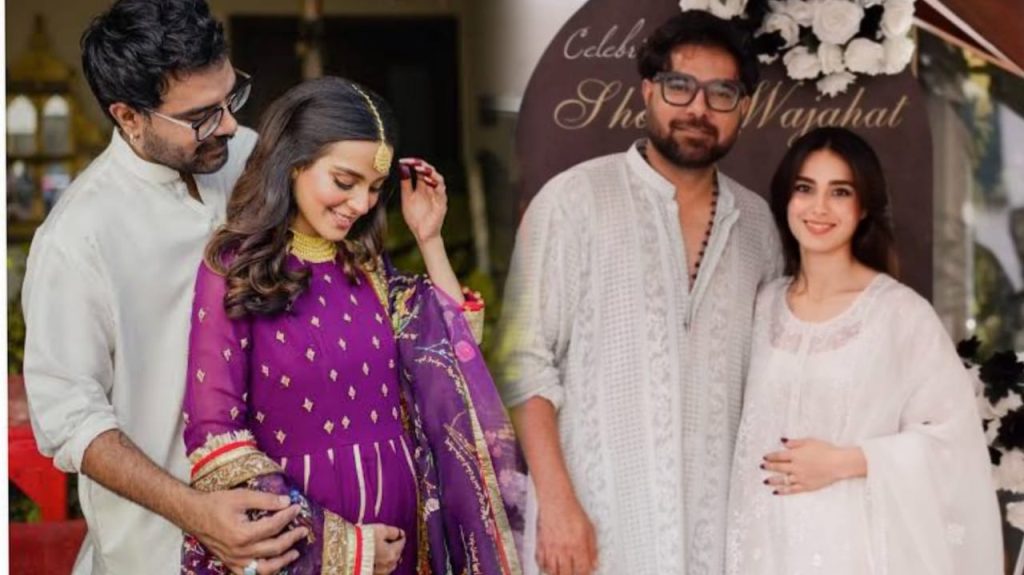A lot of people have this question that why is eid celebrated all over the world. What is so special about it that every Muslim becomes so happy during the time.
Eid 2020 is going to be different due to the coronavirus pandemic worldwide. But, I am here to give you a brief rundown of the history of Eid and how and why it is celebrated.
First, let me tell you what eid actually is. Eid or Eid-ul-Fitr is a celebration of three days after the 29 or 30 days of Ramadan. Muslims fast throughout the month of Ramadan from dusk till dawn. When translated, Eid-ul-Fitr means “festival of breaking the fast”. It is what exactly is done on the day of Eid. Eid day starts by a prayer known as the Eid prayer. During this prayer, we Muslims thank god for the month of Ramadan and for bringing us, Eid. Also pleading him to accept all of our worship and fasts during the month of Ramadan.
Eid is an official holiday in Muslim majority countries just as Christmas and Easter. During Eid, families gather together and have feasts and exchange gifts. It is a time of celebration and fasting is prohibited during the three days. If you have a Muslim friend they will appreciate it if you want to see what Eid is like so you can definitely ask them about it. What you can expect from an Eid gathering is a lot of laughs, colors and a bunch of sweet and savory dishes.
Now that you have a basic idea of what Eid is let me give you a little history of Eid. How it all started.
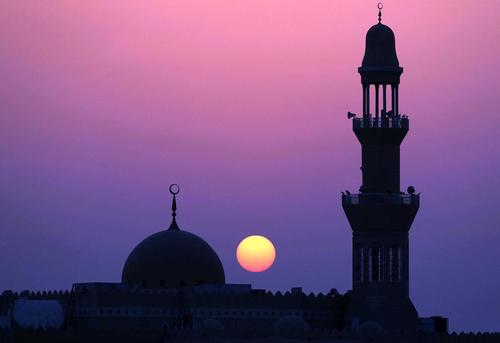


Source: The National
History of Eid-ul-Fitr
The first-ever eid that was celebrated was after the Holy Prophet Muhammad (S.A.W) migrated to Yathrib which was renamed to Medina by him. The first Ramadan was celebrated 2 years after the migration. Naturally, eid being the celebration of Ramadan it was also celebrated after 2 years. Eid is celebrated on the first of Shawwal.
Eid and Ramadan came to happen when the Prophet (S.A.W) migrated to Medina and saw the natives celebrating two different days months apart. When the Prophet (S.A.W) asked them why were these days celebrated they told him that these were just days of fun and recreation. So, this is when Allah fixed two separate occasions for Muslims all around the world to celebrate. These two occasions are Eid-ul-Fitr, and Eid-ul-Adha.
During that time, Eid was a celebration for the month of Ramadan. Similar to what it is nowadays but, how it was celebrated was quite different. In the old days, Eid was celebrated very modestly, people dressed up and had family get-togethers. There was no exchanging of gifts and of course, there wasn’t much to do as there is nowadays.
So, Eid dates back during the time of the Prophet Muhammad (S.A.W). It was celebrated not as extravagantly like it is today but it still gave us Muslims a day to call our own. Let me tell you how differently we celebrate Eid now and how different Muslims from different cultures celebrate Eid.
How is Eid Celebrated
Muslims are spread all over the world from Asia to North American and even in Australia. Being the 2nd largest religion and most practiced one in the entire world. This gives the celebration of Eid a unique taste of different cultures.
I will discuss how Eid is celebrated in the Middle-East, Asia and North America. This will give a truly wide spectrum in terms of culture, place, and each place’s take on how Eid should be made.
Eid in Asia
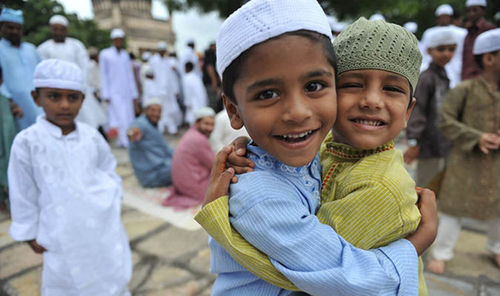


Source: Daily Express
Starting off with the place I am most familiar with. Since I live in Pakistan and we happen to be in Asia, Eid over here is pretty simple. Some aspects such as the Eid namaz and the three hugs you give to someone when you meet them for the first time on Eid day can be quite awkward. In Pakistan and India people usually start off eid by eating sheerkhurma. Sheerkhurma is a sweet dish made with milk, sugar, nuts, and noodles. It is extremely delicious and an amazing treat to have in the wonderful afternoon of the Eid day.
Indonesia celebrates Eid similarly as there is buying of new clothes before eid, paying fitrana, and meeting your family and friends. What they do differently is that instead of Sheerkhurma they eat Ketupat, which is a delicious rice dumpling.
There are many other countries in Asia with Muslims residing in them, where each practice Eid with their own respective cultures.
Eid in The Middle-East
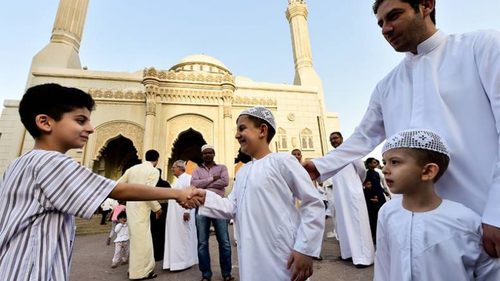


Source: The Greater Middle-East
Eid in the Middle-East is not so different from Eid in Asia. The same things happen such as meeting family and friends and exchanging gifts. Few things are different though. Baklava is commonly eaten on Eid in the Middle-East and the Arabs believe in giving gifts for Eidi instead of cash, opposing to as it is given in Asia. Eidi is what adults and elders give to kids or the younger people of the house.
Read Also: Want to learn how to give better Eidi? Here you go
Besides the Baklava and Eidi difference, there isn’t much difference in Eid celebrations of Muslims of the Middle-East from the Muslims of Central Asia.
Eid in North America
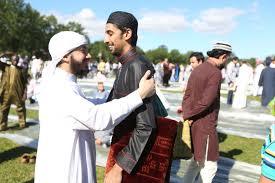


Source: You and I
Eid in North America is a little different from all of the other places. Well, it is supposed to be since North America has no Muslim countries. Besides the fact that not everyone is celebrating Eid and the three Eid days are not official holidays, Eid is celebrated according to each Muslim culture.
Like, a Pakistani Muslim will make sheerkhurma after the Eid Namaz and the Indonesian Muslim will eat Ketupat. Eid Namaz, Shopping for Eid, greeting and meeting friends and family, and getting a whole lotta Eidi remains. The only thing missing in North America is that everyday life doesn’t get the charm that Eid has.
I cannot put a static celebration of Eid in North America in this article. What I can say is, Eid is celebrated in all sorts of ways in North America. Different cultures, different styles of Eid.
Eid is a wonderful occasion and Muslims love to share the love of this joyous festival. It promotes the community system and unity and also signifies the fruits of their labor during the month of Ramadan.











